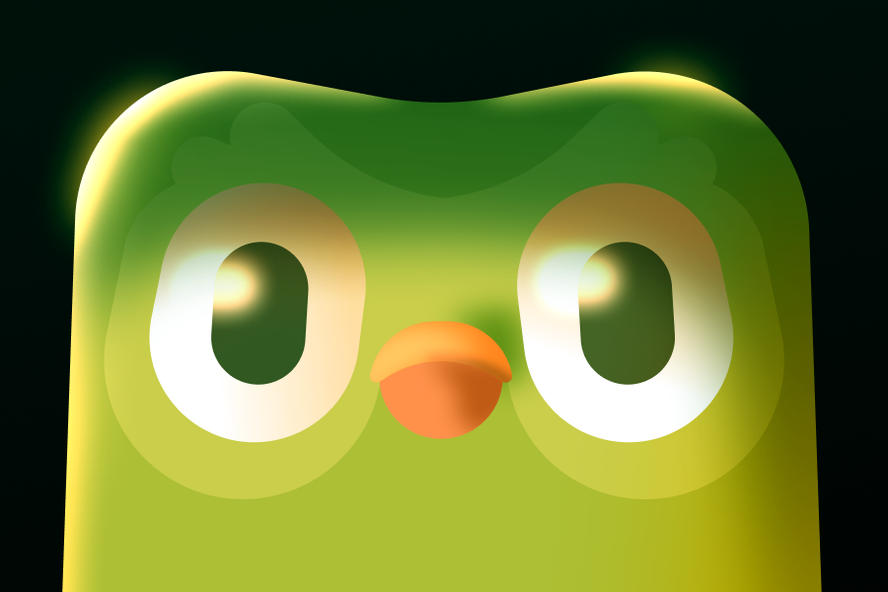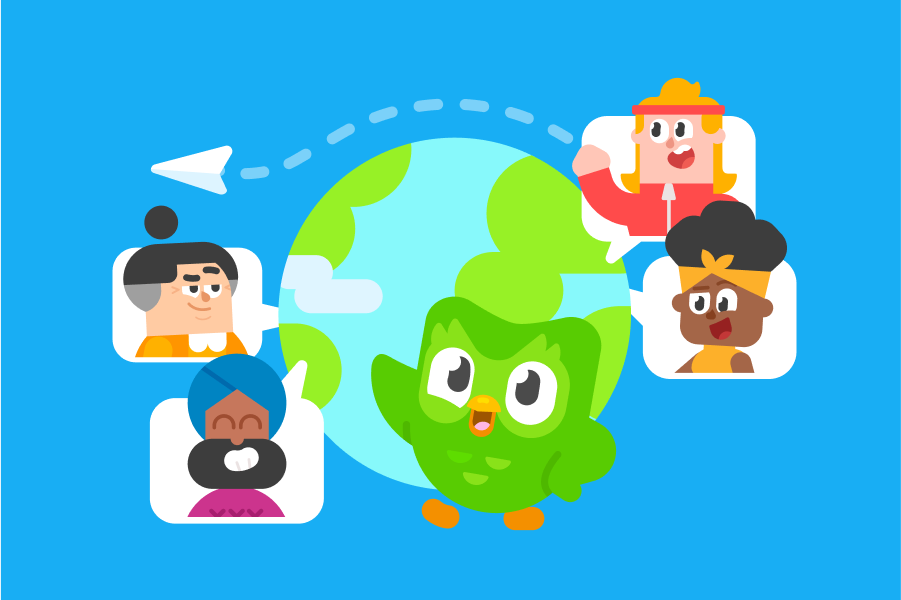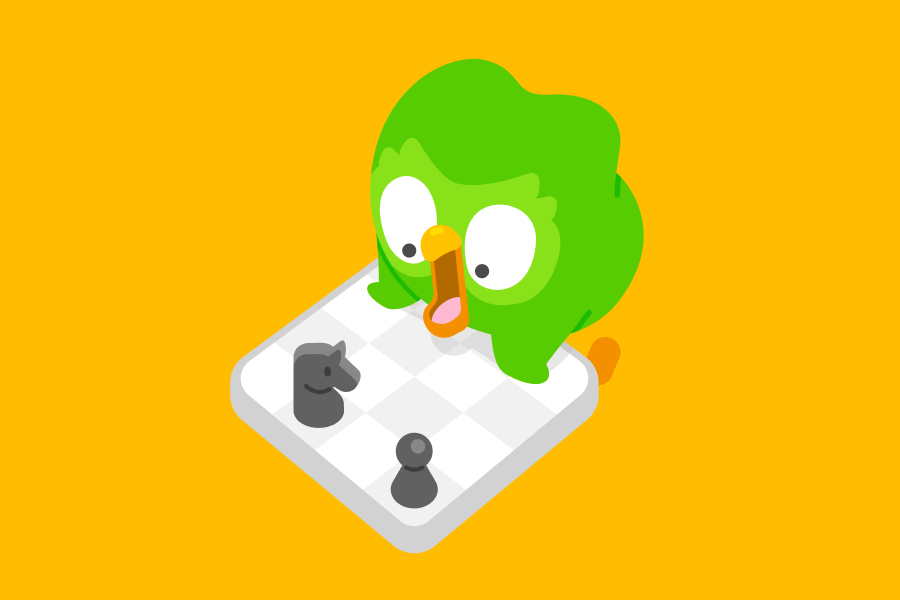The common issue with Duolingo that users find is that the app doesn't help with retaining any of the information. Many users have 100+ day streaks on the app, yet still don't know much at all. But why is that the case? With all the great features, where Duolingo falls short is the usability of these features. The app uses a heart system. Each time you get something wrong, you lose a heart. When you have no hearts, you cannot complete a lesson until they regenerate or you buy new hearts. Because of this, users may feel like there isn't a lot of room for mistakes, as they don't want to run out of hearts, encouraging them to "cheat". On top of this, users are also put into a leaderboard, and completing lessons correctly earns them points; the more points, the higher the placement on the leaderboard. Although this sounds like just some healthy competition to motivate the users, it doesn't work. Many individuals have reported that they focus more on their hearts or their place on the leaderboard than actually learning the language itself.
Because of this, users find themselves either using Google Translate or context clues (such as the images provided) to "answer" the question correctly. This doesn't help someone to learn the language; in fact, it just gives the illusion of learning without actually retaining the information. Another issue that people have found is that the app has often given users the wrong phrasing/grammar due to mistranslation errors. Tyler Lau, a linguistics major, wrote an article for "Cambridge Coaching", and in it, he highlighted that their translations are iffy and can often be misleading (1). This could be because of its recent switch to AI (but we will get into that later). Continuing from that, the app often gives the users stand-alone phrases to learn, such as "What is your favourite colour?" "I like fish?", but it doesn't teach you how to formulate your sentences, making it very limited. Not only that, the phrases often given are very random and lack context, meaning users aren't able to learn how actually to communicate in the language. They know just how to say a few words. Another reason why the app feels so limited is that it is programmed only to accept one correct answer, which can be misleading, as some languages may have multiple ways to say the same thing.











